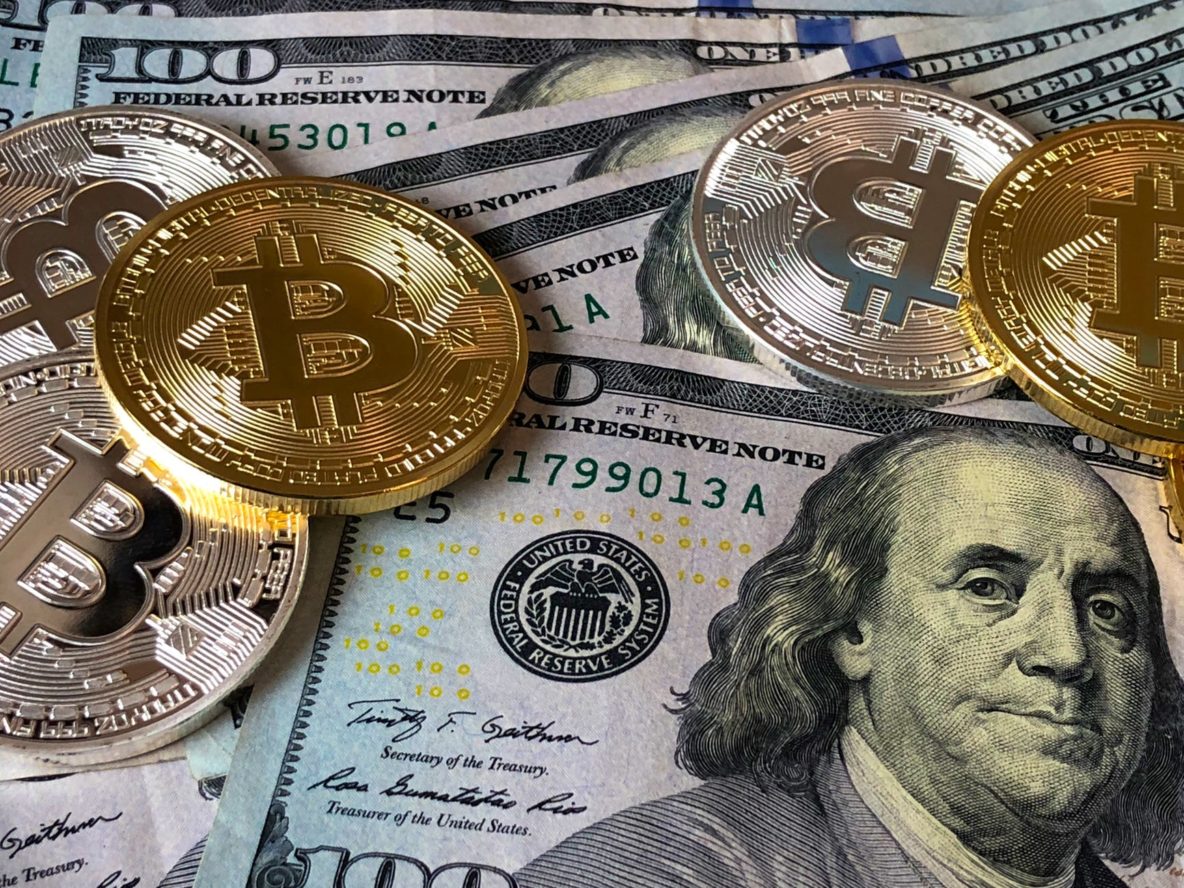What North and South American governments think of CryptocurrenciesThis is part 2 of the previous blog post. Cryptocurrencies are a new technology and concept in which the world has not agreed on a universal definition or classification yet, which is only natural as this technology is still evolving rapidly as we speak. Here we shall explore what the world thinks of this new technology that has taken the world by storm.
United States
Last March, the Security And Exchange Commission (SEC) delivered a public statement implying that it would regulate anything that fall under the SEC category, “a number of these platforms provide a mechanism for trading assets that meet the definition of a 'security' under the federal securities laws. If a platform offers trading of digital assets that are securities and operates as an 'exchange,' as defined by the federal securities laws, then the platform must register with the SEC as a national securities exchange or be exempt from registration."
On the other hand, a New York federal judge decreed that BTC and other cryptocurrencies can be regulated and classified as commodities. Furthermore, the Internal Revenue Service classified them as taxable property since March 2014 stating, “For federal tax purposes, virtual currency is treated as property.”
Last June, the SEC declared that Bitcoin and Ethereum are not securities; at least not in its current form.
“Based on my understanding of the present state of ether, the Ethereum network, and its decentralized structure, current offers and sales of ether are not securities transactions,” said William Hinman, the SEC Director of the Division of Corporation Finance. He added, “And, as with Bitcoin, applying the disclosure regime of the federal securities laws to current transactions in ether would seem to add little value."
Canada
The Canada Revenue Agency (CRA) defines cryptocurrencies as commodities and doesn’t regard them as legal tender. Consequently, crypto purchases are regulated by the CRA like they were batter transactions.
Last June 2014, a parliamentary act identified cryptocurrencies as ‘money service businesses’ in order to update anti-laundering laws, while the Canadian Securities Administrators (CSA) stated in August 2017 that “many” ICOs “involve sales of securities.”
Mexico
Banco de Mexico governor, Agustin Carstens, hinted that the government would lean towards defining cryptocurrencies as a commodity. Last August 2017, he cited that because Bitcoin isn’t regulated by a central bank, it’s a commodity rather than a currency.
On March 1, the government decreed a law to regulate financial technology companies, including “virtual assets”. This is another indefinite term to add to the list. Moreover, this law is still awaiting secondary legislation.
Venezuela
This country was troubled by hyperinflation over the past few years. This is partially the outcome of financial sanctions imposed by the US. As a result, the Venezuelan government developed a cryptocurrency called Petro to supplement their crashing Bolivar fuerte currency and allow money to move into the country that other governments can’t touch.
This was announced by President Nicolas Maduro on national television stating that Petro would be backed by Venezuela’s oil, gasoline, gold, and diamonds. He added that this would make “new forms of international financing” available to the country. Petro was infamously decreed to become legal tender for all financial transaction involving the government. Consequently, all other cryptocurrencies were immediately classified as financial assets and as securities.
However, many factions of the Venezuelan government heavily opposed this sanction. The Democratic Unity Roundtable even declared it to be an illegal debt issuance by a government desperate for cash.
Ecuador
Ecuador drafted a bill last July that would allow the central bank to monopolized electronic money and declared Bitcoin and other cryptocurrencies illegal for payment.
Argentina
Argentina doesn’t recognize cryptocurrencies as legal tender and have no regulation applied to them specifically. However, they are considered as ‘goods’ under the Civil Code. Last December, their tax regulation update classified cryptocurrencies as income derived from shares and securities.
There are still a lot of countries especially in South America that have not decided what to do with cryptocurrencies and are still trying to study this emerging technology.
Want something super cool?
Subscribe to our GFA newsletter and get timely news on Asia business news and investments

